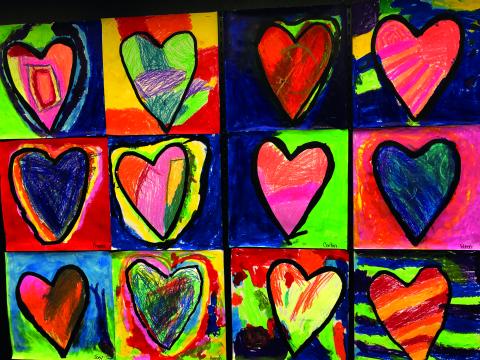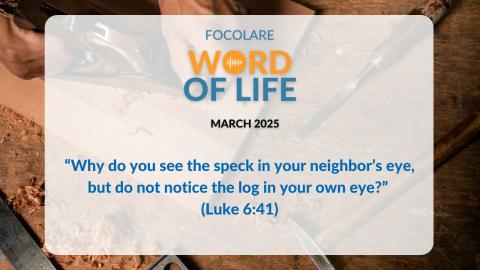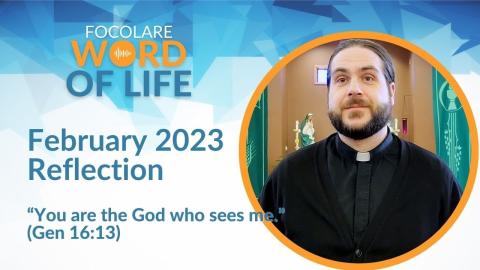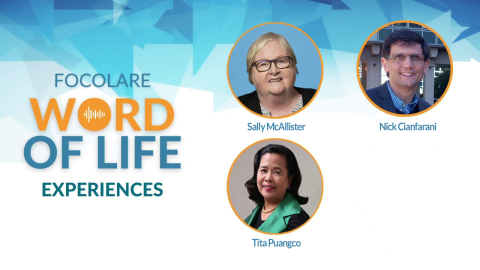By Patrizia Mazzola and the Focolare Word of Life Team
This month’s word of life is taken from the letter written by Paul to the Romans. The text is rich in content. Paul presents the Christian life as one where love abounds, a gratuitous and limitless love that God has poured into our hearts and that we, in turn, give to others.
To make his meaning clearer and even more effective, he inserts two concepts into a single word, philostorgos, which expresses two particular characteristics of love that distinguish the Christian community: love among friends and love within the family.
“Love one another with mutual affection; outdo one another in showing honor.”
Let us focus especially on the aspect of fraternity and reciprocal love. Paul states that the people of the Christian community love one another because they are members of one another (Rom 12:5), they are brothers and sisters whose only debt to one another is love (Rom 13:8), they rejoice with those who rejoice and weep with those who weep (Rom 12:15), and they do not judge and are not a cause of scandal (Rom 14:13).
Our existence is intertwined with the lives of other people, and the community is a living witness to the law of love that Jesus brought on earth. This is a demanding love that reaches the point of laying down one’s life for others.
It is also a practical love that is characterized by the thousands of expressions of care for other people and their happiness. It leads to fulfilment and to people competing in the appreciation of one another’s qualities.
It is a love that looks to everyone’s needs and does all that is possible to avoid leaving anyone behind. It draws us to be responsible and active in society, culture and political engagement.
“Love one another with mutual affection; outdo one another in showing honor.”
“Looking at the first century communities, we see that Christian love, which spread indiscriminately to all, had a name,” Chiara Lubich wrote to young people in 1970. “It was called philadelphia, which means brotherly love. In the secular literature of the time, this term was used to refer to love between blood brothers and sisters. It was never used to refer to members of the same society. Only the New Testament was an exception.”
There are many young people who feel the need to have “a deeper, more heartfelt and more genuine relationship. And the mutual love of the early Christians had all the characteristics of sibling love, for example in its strength and affection.”
“Love one another with mutual affection; outdo one another in showing honor.”
A distinguishing characteristic of these communities living mutual love is that the members do not close in on themselves, but are ready to face the real challenges that arise within the context in which they exist.
J. K., a Serbian of Hungarian nationality and father of three, could finally afford to buy a house. Yet due to an accident, he did not have the financial and physical resources to renovate it himself.
So the Focolare community went into action. Drawing upon the Youth for a United World “Dare to Care” project, it was able to offer practical support.
J. K. spoke enthusiastically about the solidarity among the helpers none of whom wanted to be outdone in generosity.
“So many people came to help me that in three days we were able to replace the roof and substitute the earth and thatch ceilings with plasterboard.”
Some people from the Czech Republic also contributed financially to the renovation work. This action was a visible witness to the extended community and was not limited by geographical or political boundaries.





